Class 2: How do we know what we know?
Methodology of Scientific Research
Andrés Aravena, PhD
March 1, 2023
Tell me…
Do you smoke?
Is it healthy?
Why?
How do you know?
Tell me…
Did you get vaccinated?
Why?
How do you know?
Do you believe in UFOs and aliens?

Do you believe in Ghosts?

Do you believe in Fairies?
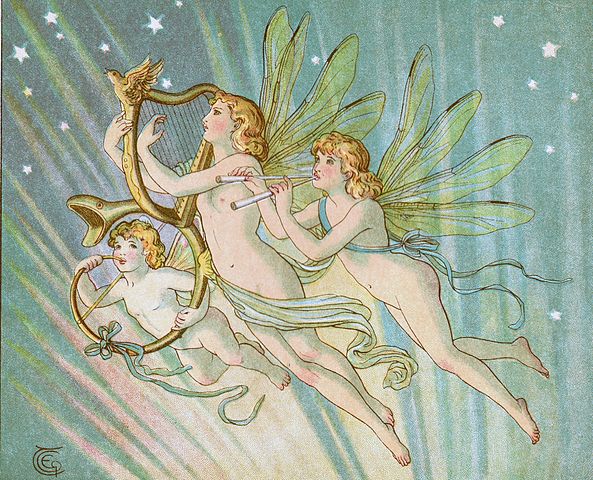
Do you believe in Germs?

Do you believe in Atoms?

How do we know what we know?
First approach: Perception
Seeing is believing
We see, we hear, we have an Empirical Truth
Philosophers say “Sense-Certainty”
We perceive the world with our 8 senses
(which senses?)
But …
Are they parallel?
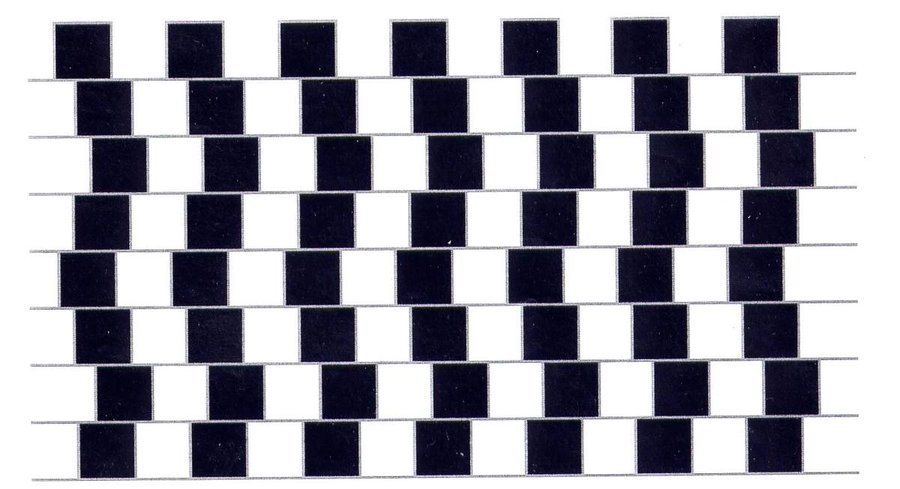
Are they parallel?
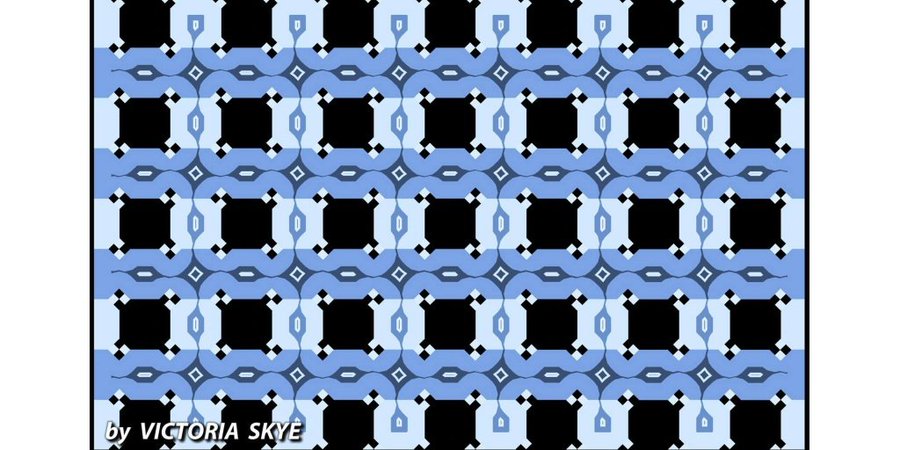
Which blue circle is bigger?
Which one is bigger
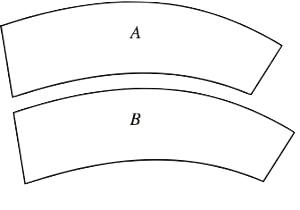
How many colors are here?
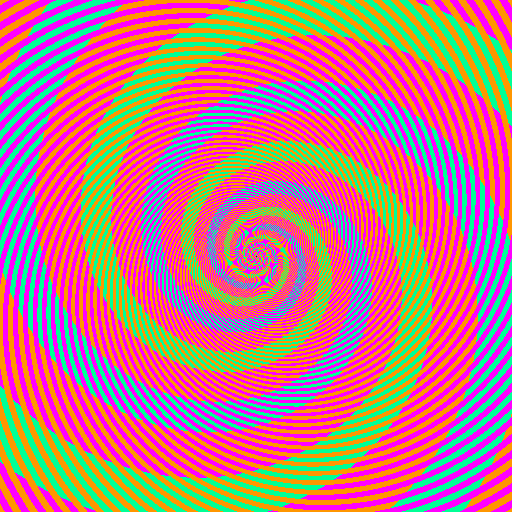
Which one is darker?
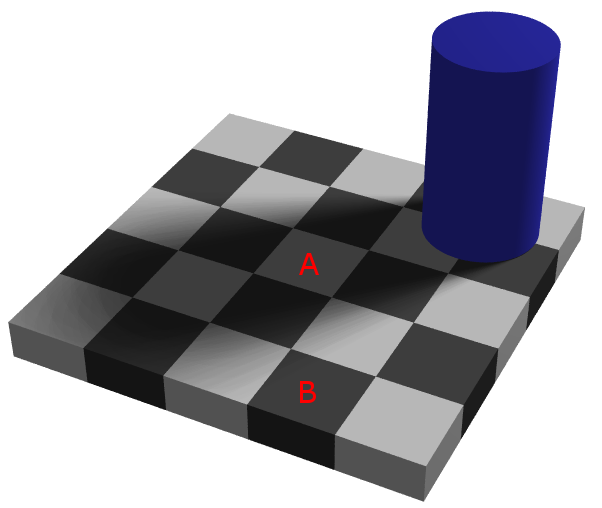
Black or white dots?
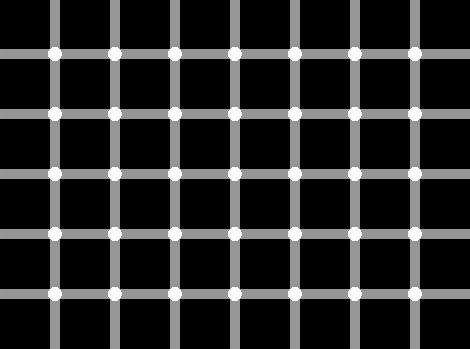
Do the lines cross?
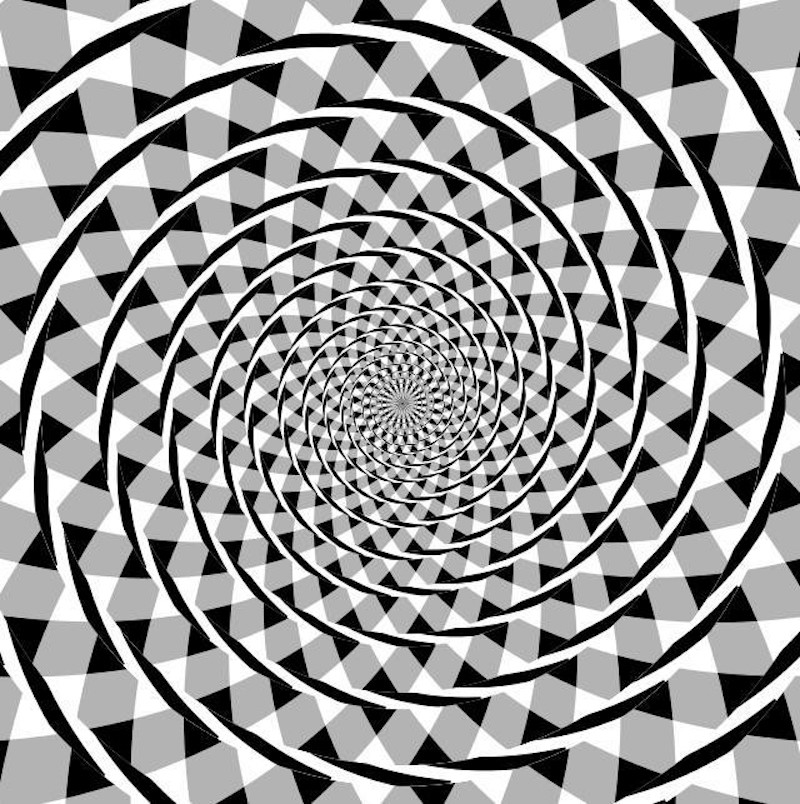
Do the circles cross?
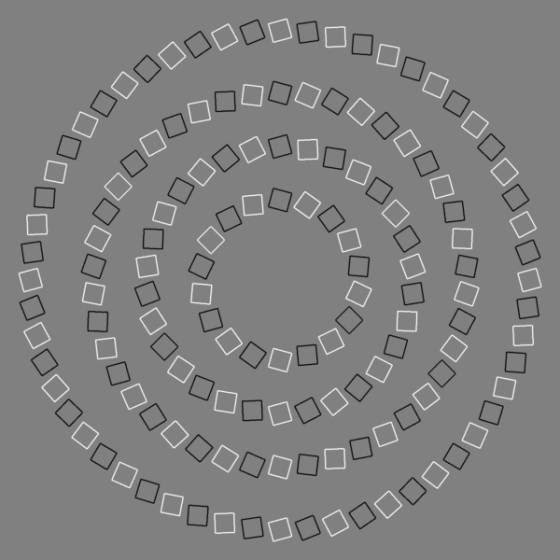
Is this a movie?
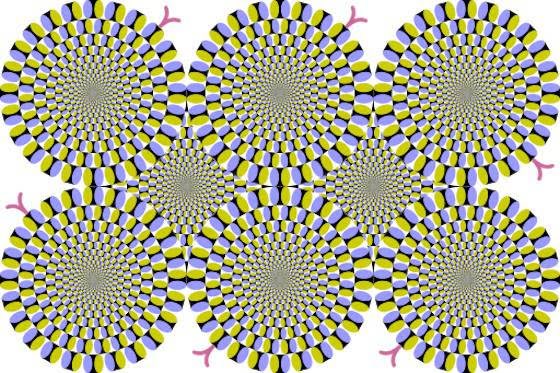
Does this move?
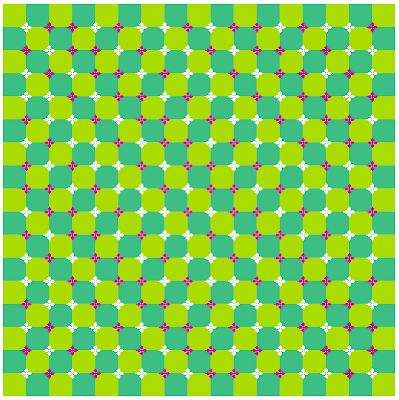
Does this move?
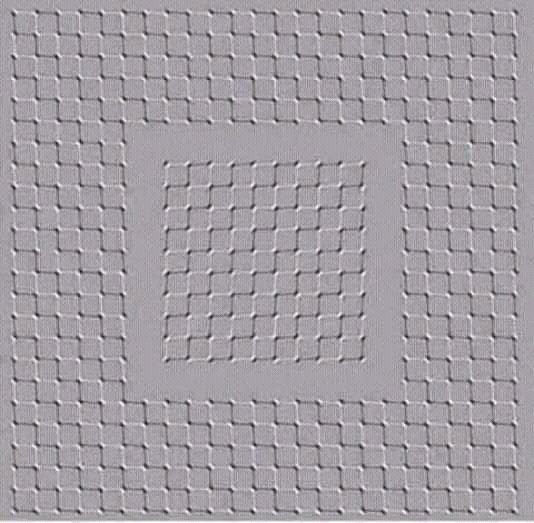
Does this move?
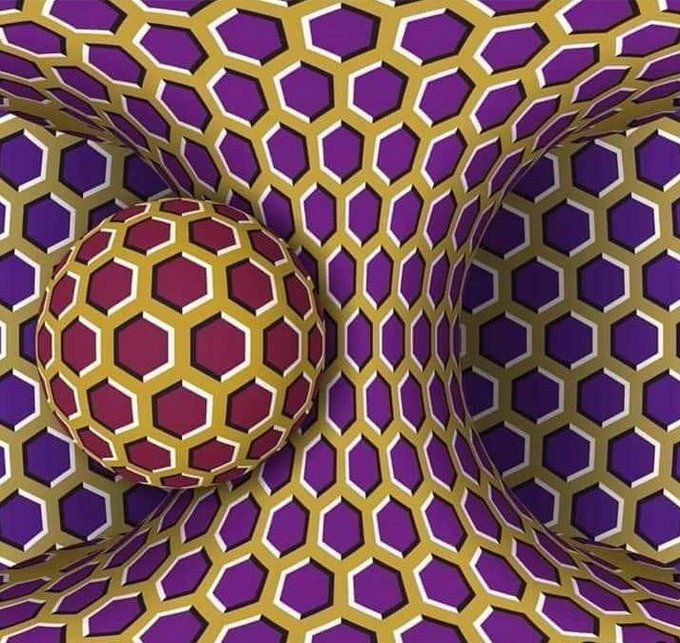
Does this move?

Does this move?
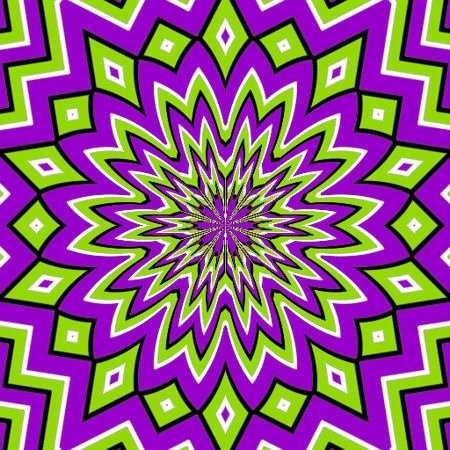
We cannot trust our senses
We can have optical illusions
Moreover, sometimes different people see differently
Which color is the dress?
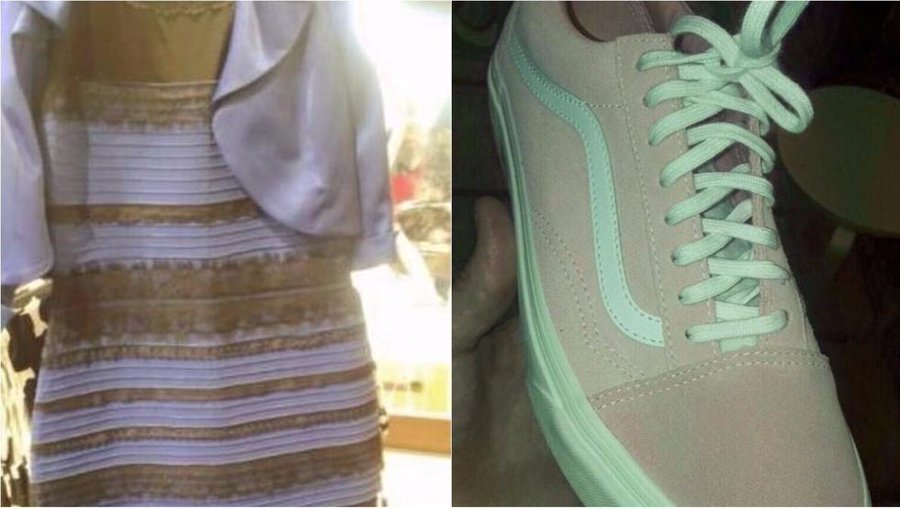
For more information
Google “The Dress”, and watch “The Dress is Bloie”
Illusions are not only optical
Put one hand in hot water, the other in cold water
Then put both in warm water
Is it hot or cold?
Perception depends on our expectations
Have you ever seen someone that was not there?
Moreover…
We dream
and we don’t know that we are dreaming
We cannot trust our memory

Déjà vu:
feeling as if one has lived this moment before
False memories can be implanted
See, for instance
Michaelian Kourken “Confabulating, Misremembering, Relearning: The Simulation Theory of Memory and Unsuccessful Remembering”. Frontiers in Psychology 7 (2016) DOI 10.3389/fpsyg.2016.01857
The work of Elizabeth Loftus
Our mind cannot be trusted
When we dream,
we don’t know that we are dreaming
We forget, and we forget that we forget
Working with Incomplete information
“The Earth is flat”
We only see part of reality
Our experience is limited
At our scale
- the Earth is flat
- mountains never change
- germs do not exist
- atoms do not exist
Our vision is “local”

Our friends are like us. It seems that everybody agrees with us
We only see our neighborhood of the network, where everybody looks like us
The Earth looks flat
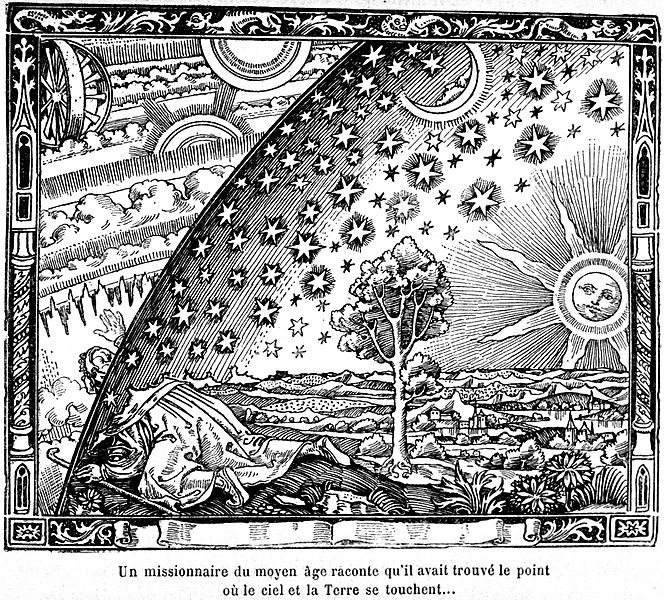
- Today some people believe that Earth is flat
- Some people believe that old people believed the Earth is flat
Summary
Our senses can fool us
- Optical illusions
- Dreams
- Hallucinations
- Incomplete information
Distrust of senses
This leaded some people to believe that
“The body is dirty,
the soul is pure”
We need a “Plan B”
That will be tomorrow’s class
Homework: Is the Earth flat?
What experiment can we do to see if the Earth is flat or not?
What is wrong with the geocentric model?
What can we do to see if the Earth rotates on it axis?
Write your answer in a document